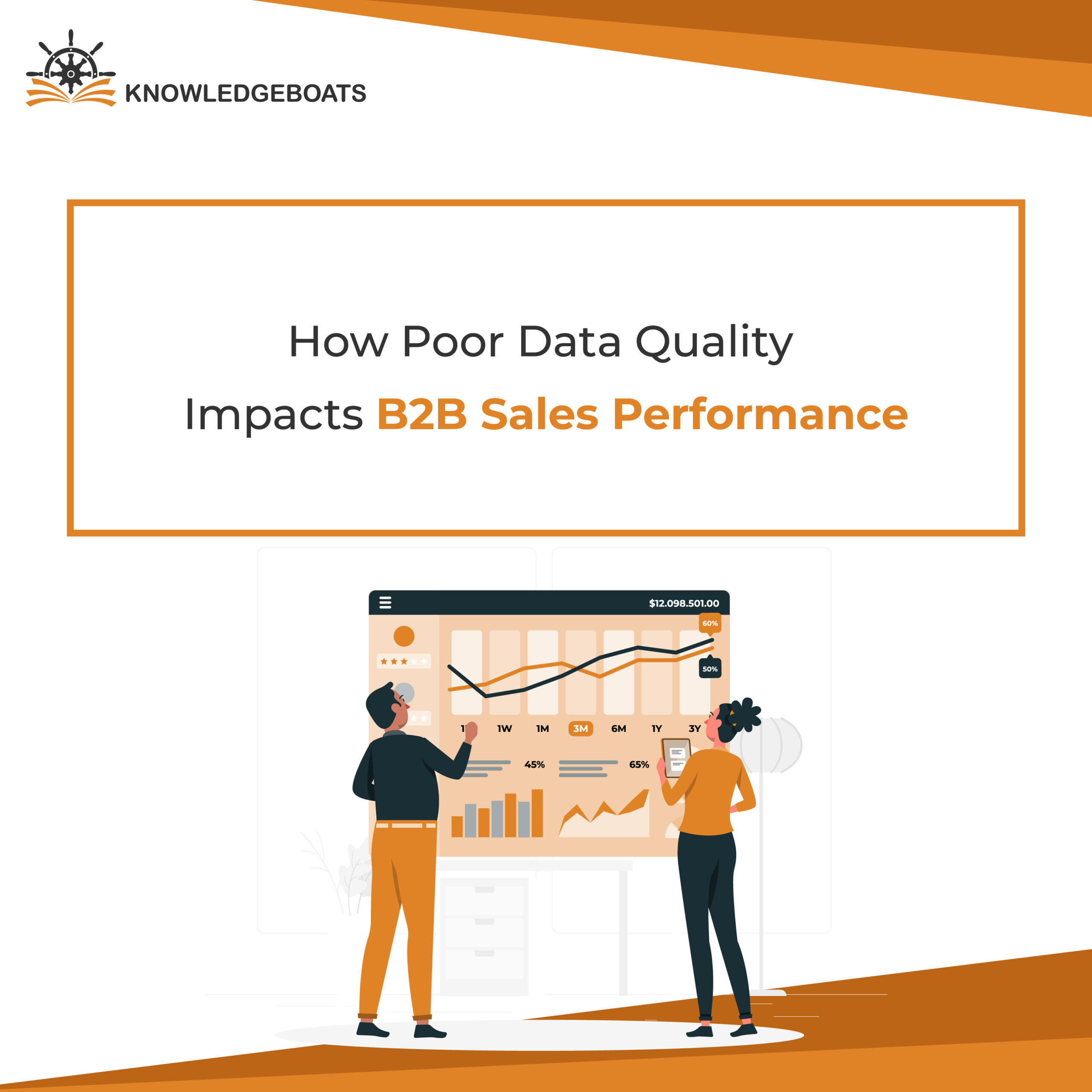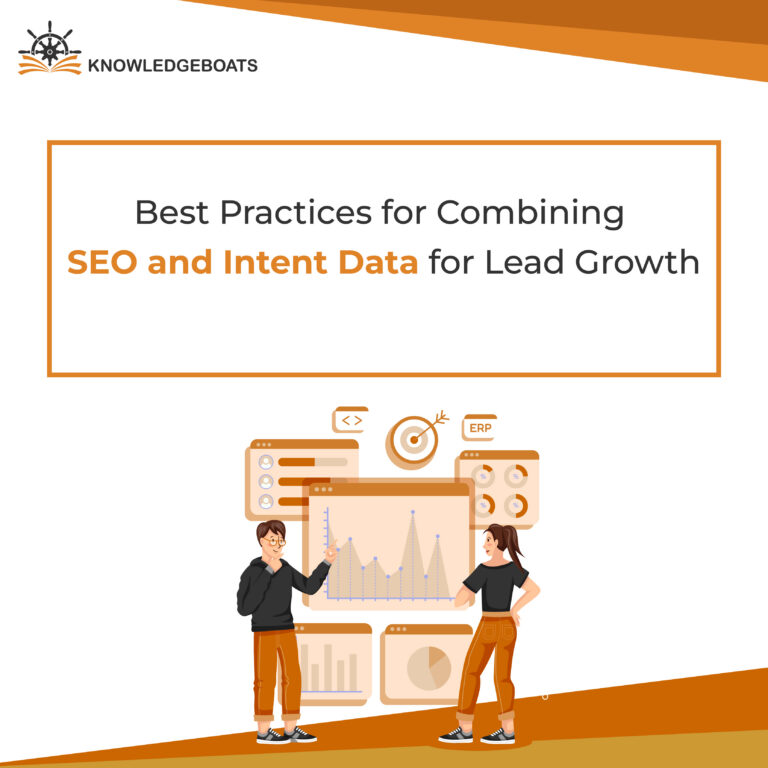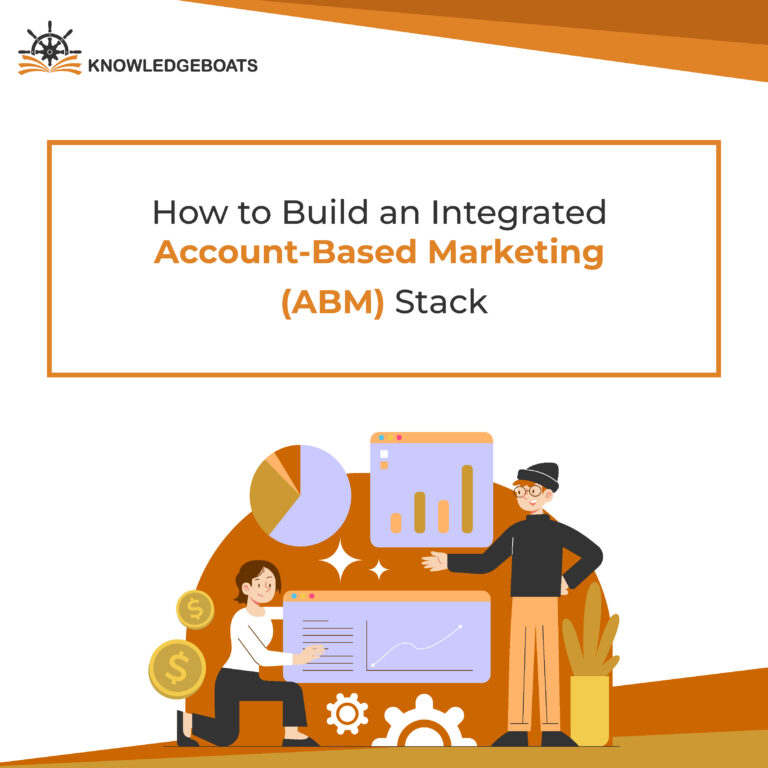
Imagine your B2B sales team is on fire. They’ve got this amazing product, a slick process, and a pipeline that looks incredibly promising. They’re dialing, emailing, setting up demos but then, something just feels off. Leads aren’t quite clicking, those sales forecasts seem to be perpetually off, and the initial buzz slowly starts to fizzle.
What if the real problem isn’t your product, your strategy, or even your team’s hustle, but a silent, sneaky saboteur hiding in plain sight: poor data quality?
In the lightning-fast world of B2B sales, your data isn’t just rows and columns but your entire game plan. It tells you exactly who to chat with, what their pain points are, and when to swoop in. But when that compass is giving you seriously bad data in your CRM be it outdated numbers, duplicate entries, missing company details, or wildly incorrect lead sources, your whole journey turns into a frustrating detour.
This isn’t just about a few typos. Poor data quality in B2B sales is a fundamental flaw that directly impacts B2B sales performance, turning perfectly good opportunities into head-scratching losses. Let’s peel back the layers and see exactly how poor data quality really hurts your sales team.
The Hidden Costs: How Messy Data Kills Your Sales Momentum
What happens when your sales reps are trying to build relationships and close deals based on the foundation of quicksand? The consequences are far-reaching and, frankly, directly tied to your missing revenue.
A. Your Sales Team Becomes Full-Time Detectives
Think about how precious time is in sales. Every minute spent not selling is a minute lost. So, when your reps are constantly cross-referencing outdated contacts, hunting down missing phone numbers, or realizing they’ve spent hours on a “hot” lead that a colleague already spoke to, that’s prime selling time down the drain. This isn’t prospecting but an archaeological dig.
- The Gut Punch: A massive sales productivity decline. Your team spends less time connecting with prospects and more time battling dirty data in sales, leading to slower pipelines and serious burnout. This is precisely how dirty data reduces sales productivity.
B. Your Sales Forecasts Turn into Total Fiction
You rely on data to predict how much cash is coming in, where to put your resources, and what goals are achievable. But if the core data in your CRM is riddled with inaccuracies, wrong deal stages, inflated lead scores, or duplicate opportunities lurking in your pipeline, your sales forecasting accuracy becomes pure fantasy.
- The Fallout: You end up making decisions based on faulty intel. You might over-invest in one area, totally miss an emerging opportunity, or just flat-out miss your revenue targets because your compass was pointing the wrong way. Your overall sales performance metrics take a serious hit.
C. You’re Accidentally Annoying Your Prospects
Ever had two different reps from the same company call you about the exact same thing? Or received an email promoting a service you already bought? This is a textbook example of inaccurate CRM data creating a truly awful customer experience.
- The Damage: Your brand reputation takes a hit, and trust starts to erode. Prospects get frustrated and tune out, existing customers feel ignored, and your team looks, well, a bit disorganized. This highlights the painful consequences of bad customer data for sales teams.
D. Lost Opportunities and Leads That Just Vanish
Imagine a high-value lead that gets accidentally pushed to the wrong pipeline stage because of a typo, or a genuinely hot prospect whose contact information is just slightly off, so that crucial follow-up never happens. Or maybe you completely miss a fantastic cross-sell because a customer’s purchase history is incomplete.
- The Cost: Direct, tangible revenue loss. Can bad data lead to lost sales opportunities? You bet it can. Every incorrect field, every missing piece of information, is a potential deal that slips through your fingers. This really hits home on the impact of data decay on B2B lead conversion.
E. Your Marketing Dollars Are Just Wasted
Sales and marketing are two halves of the same revenue-generating brain, and marketing absolutely depends on clean data for segmentation, personalization, and nurturing. If they’re working with low-quality data, their campaigns will misfire, targeting irrelevant audiences or sending bland, generic messages that no one cares about.
The Consequence: Marketing budget is down the drain, and frankly, lower quality leads to sales, which then creates tension between your teams. It really hampers your B2B sales enablement efforts.
F. Compliance Nightmares
In today’s world of ever-tightening data privacy rules (GDPR, CCPA), running on poor data quality can be a legal landmine. Outdated consent records or incorrect customer locations can expose your company to hefty fines and a public relations nightmare.
- The Risk: Legal headaches and a serious blow to your B2B data integrity, which can scare off investors and erode customer trust.
Wrapping Up: Bad Data = Leaner Wallet
Ultimately, all these individual pains funnel into one undeniable truth: How poor data quality affects B2B sales outcomes shows up directly in your revenue numbers. It stretches out sales cycles, makes every acquisition more expensive, slashes your win rates, and just makes it incredibly tough to hit your targets. What happens when B2B sales runs on bad data? It grinds to a frustrating, costly halt.
Good News! You’re Not Stuck with It:
It’s not all doom and gloom, I promise. Realizing you have a problem is the absolute first, most crucial step. The solution? Proactive data quality management and consistently putting data quality best practices for B2B sales teams into action. This means:
- Setting clear rules for data entry: Prevention is always easier than a cure.
- Regularly cleaning and deduplicating: Actively working to fix inaccurate sales data in your CRM.
- Embracing automation tools: Let technology do the boring, heavy lifting for validation and enrichment.
- Building a culture of data ownership: Everyone plays a part in keeping that sales data accuracy top-notch.
Your CRM should be your sales team’s most powerful ally, not a source of constant headaches. Investing in data quality in B2B isn’t just for the IT department; it’s a strategic move that directly fuels your data-driven sales efforts and ensures your sales performance metrics are sky-high, not sinking. Don’t let bad data hold your sales team hostage any longer.



